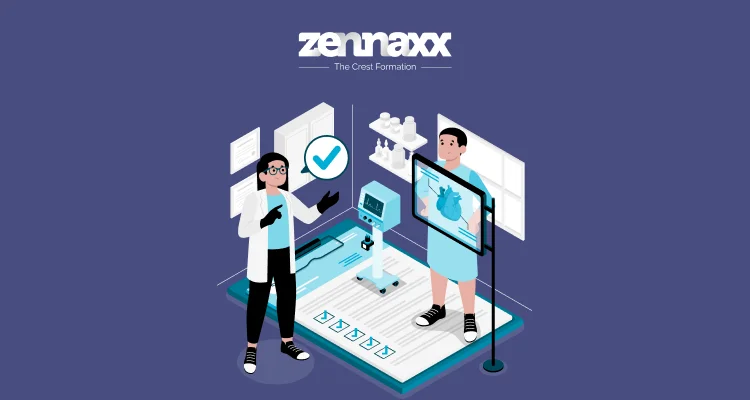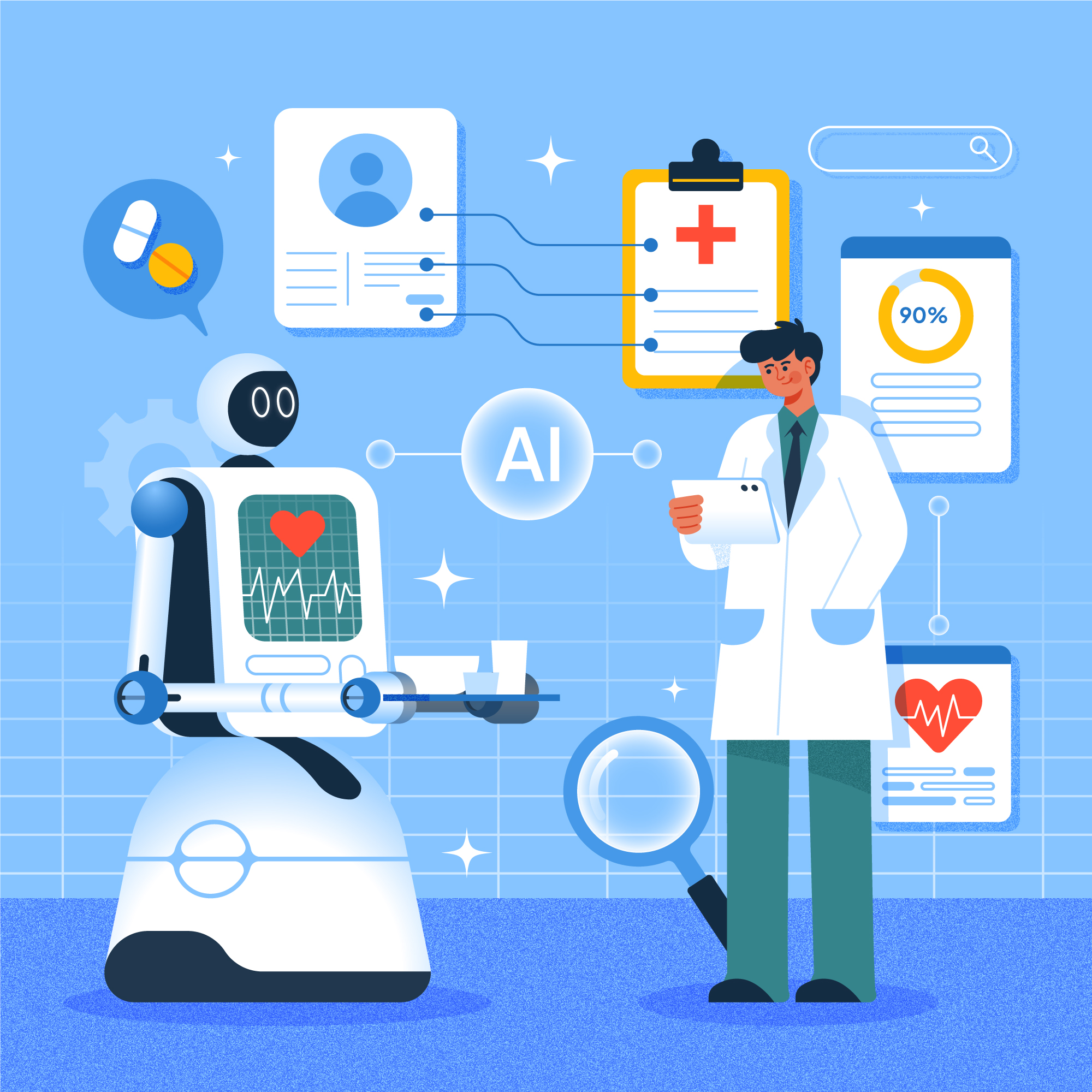What is an EHR system?
Market Statistics
- High adoption in hospitals: Nearly all (96%) non-federal acute care hospitals in the US have adopted certified EHR systems as of 2021 according to healthit.gov.
- Widespread use among physicians: Around 88% of office-based physicians in the US use some form of EHR technology, with 78% utilizing certified EHRs according to healthit.gov.
- Improved care quality: A survey suggests that 85% of healthcare providers believe EHRs enhance patient care quality according to market.us.
- Increased efficiency: 75% of providers report faster access to patient information with EHRs -market.us.
- Market Size: Estimates vary slightly, but the US EHR market was valued at around $11.88 billion in 2022 -Insights10.
- Growth Rate: The market is projected to have a modest Compound Annual Growth Rate (CAGR) of around 2% from 2022 to 2030, reaching an estimated size of $13.92 billion- Insights10.
- Market Dominance: North America, with the US as a major player, holds the largest share of the global EHR market, accounting for around 43.76% of the revenue in 2023 – Grand View Research.

1. Types of EHR Systems
1.1 On-Premise EHR
1.2 Cloud-Based EHR
Cloud-based EHR systems are hosted on remote servers and accessed via the internet.
This type of EHR is cost-effective as it reduces the need for on-site infrastructure. It also offers accessibility, allowing healthcare professionals to retrieve patient data from anywhere with an internet connection.
The Benefits of EHR System For Primary Stakeholders
1. Benefits of EHR Software Development For Businesses
1.1 Reduced Administrative Costs
1.2 Improved Workflow Efficiency
With this improved workflow, businesses can efficiently utilize staff time and increase productivity, to enhance healthcare service delivery.
1.3 Better Decision Making

2. Benefits of EHR System Development For Hospitals
2.1 Improved Patient Care
2.2 Reduced Risk of Medical Errors
2.3 Better Coordination
2.4 Streamlined Operations
2.5 Data Security and Regulatory Compliance
Planning to develop EHR software?
Contact us today and let our team of experienced professionals transform your vision into an innovative and user-friendly app that stands out in the market!
3. Benefits of EHR Software Development For Patients
3.1 Quick Access to Medical Records
3.2 Elimination of Test Duplications
3.3 Improved Medication Management
3.4 Reduced Wait Times
The Must-Have EHR Software Requirements
1. Document Management
2. Patient Details
3. Prescription Management
4. Data Access Control
5. Appointment Scheduling
6. Reporting
7. Labs Integration
8. Invoicing
Want to Automate Your Business Process With a Software Solution?
Zennaxx, a leading software development firm in Canada, has delivered 700+ bespoke solutions spanning various industries.
The Technology and Team Required for EHR Development
So let’s take a look at the necessary technology stack and team composition you need to ensure a successful EHR development project.
1. Technology Stack
- Frontend: HTML, CSS, JavaScript (React, Angular, or Vue.js)
- Backend: Node.js, Ruby on Rails, Python (Django or Flask)
- Database: SQL (PostgreSQL, MySQL) or NoSQL (MongoDB)
- Cloud Services: AWS, Azure, or Google Cloud
- Security: SSL/TLS, encryption, and compliance with HIPAA and other regulations
2. Development Team
- Project Manager: Oversees the project, ensuring it stays on track and within budget. The project manager coordinates team efforts and manages timelines to meet project goals efficiently.
- Business Analyst: Gathers requirements and translates them into technical specifications to ensure that the development team understands the project’s needs.
- Developers: Developers write the code, ensuring your EHR system functions smoothly and efficiently. Their expertise in various programming languages is crucial for building a robust and scalable system
- Database Administrator: Database administrators manage data storage, retrieval, and security. They ensure data integrity, optimal performance, and adherence to data privacy regulations.
- Quality Assurance: Ensures the system is free of bugs, conducts thorough testing, and verifies that all requirements and standards are met before deployment.
- UI/UX Designers: Designers create intuitive interfaces and user-friendly designs with a focus on delivering a seamless user experience. They bring your ideas to life while ensuring your EHR system is easy to navigate.
- Compliance Experts: Compliance experts ensure the EHR system meets all relevant healthcare regulations and standards. Their knowledge helps maintain legal compliance and protect patient data.
How to Build an EHR system?
Building an EHR system requires careful planning and execution. From ideation to developing and launching the system, our EHR software development team follows a proven process to build innovative EHR systems.
1. Validation of Idea
Before diving into EHR software development, you should validate your idea. Conduct extensive market research to understand the specific needs and expectations of your target audience.
2. EHR Prototype
3. Design, Development and Testing
4. Launch and Maintenance
After thorough testing, launch the EHR system. Post-launch, provide ongoing maintenance and updates to ensure the system remains secure and functional.
Things to Consider When Building EHR Software
1. Get EHR Compliance and Certifications
2. Create a Mobile Version of the EHR
3. Data Migration
4. Track Your EHR System Performance
Tracking key performance indicators (KPIs) like system uptime, user satisfaction, and data accuracy helps maintain a high-quality, efficient, and reliable EHR system for all stakeholders.
The Cost of EHR Software Development
The cost of developing an EHR system can vary widely depending on various factors, including the system’s complexity, features, and the development team’s location.
On average, the cost ranges from $50,000 to $500,000
Web-based EHR platform – $40,000 – $65000
Mobile EHR platform – $60,000 – $100000


